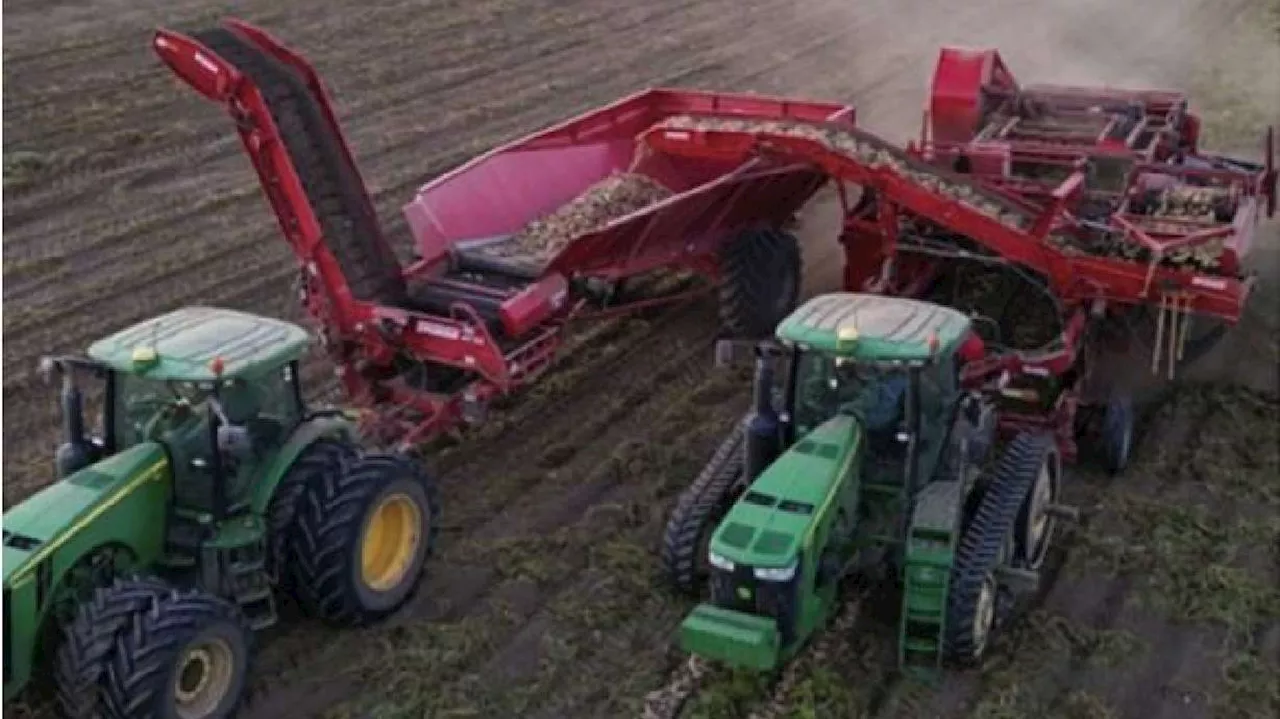URGENT UPDATE: Members of the Idaho agriculture sector are urgently calling for immigration reform, emphasizing that migrant workers are essential to the state’s economy. This plea comes as 40% of Idaho’s agricultural workforce is reported to be undocumented, raising alarms about the future of farming in the region.
The call for action took place during a forum at the Bennion Student Union Building on the Idaho State University campus in Idaho Falls on November 2, 2023. Although Rep. Mike Simpson could not attend due to a House vote regarding government funding, he shared critical insights via a prerecorded video. Simpson highlighted the Farm Workforce Modernization Act, which aims to amend the Immigration and Nationality Act, facilitating better terms for nonimmigrant agricultural workers.
This legislation, reintroduced earlier this year after stalling in the Senate, has been a priority for Simpson. He stated, “I think we have the best chance that we have had to pass it right now under this administration. It’s one of my top priorities … to get this done.”
During the meeting, Zak Miller, CEO of the Idaho Farm Bureau Federation, voiced concerns about the current H-2A visa program, calling it overly complicated and costly for farmers. He noted, “It’s critical to U.S. agriculture … but it’s a bad program, and it’s not serving Idaho well.”
“The threat of deportation puts a scare into legal migrants and reduces the workforce,”
Miller added, stressing the growing absenteeism among workers fearing repercussions.
The Idaho Department of Labor revealed that a significant portion of the agricultural workforce is undocumented, with Miller pointing to a study that indicates these workers often have a lower criminal record than the average U.S. citizen. This data challenges the perception of undocumented workers and underscores their importance to the agricultural economy.
As the forum concluded, the urgency for immigration reform was palpable. Farmers and agricultural leaders are now looking to the government to act swiftly, as the viability of Idaho’s farming industry hangs in the balance. The outcome of the Farm Workforce Modernization Act could have lasting effects on the state’s economy and food supply.
WHAT’S NEXT: Stakeholders are watching closely for any movement in Congress regarding the Farm Workforce Modernization Act. The agricultural community is rallying to ensure that their voices are heard, with hopes that reforms will be enacted soon to stabilize and support Idaho’s vital farming sector.







